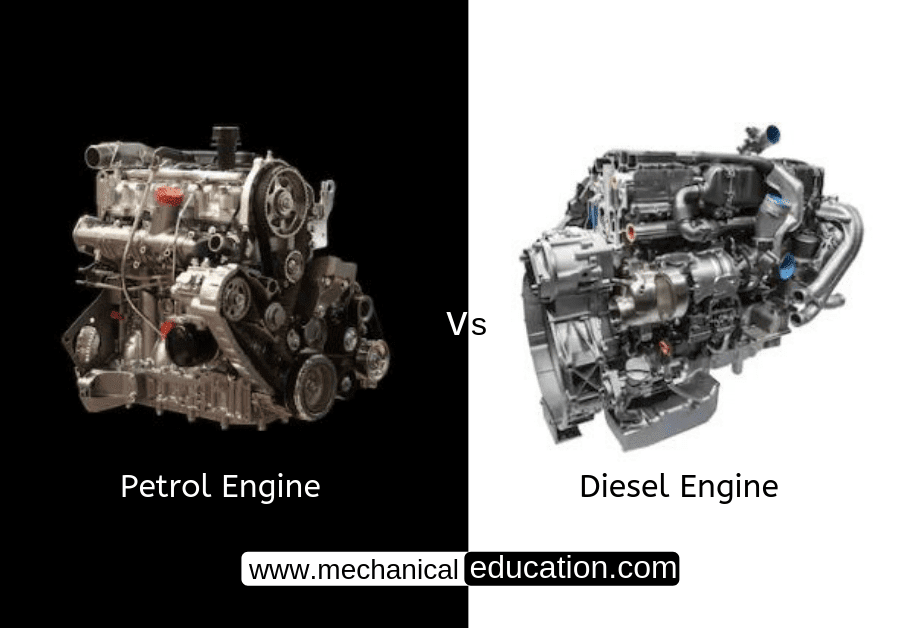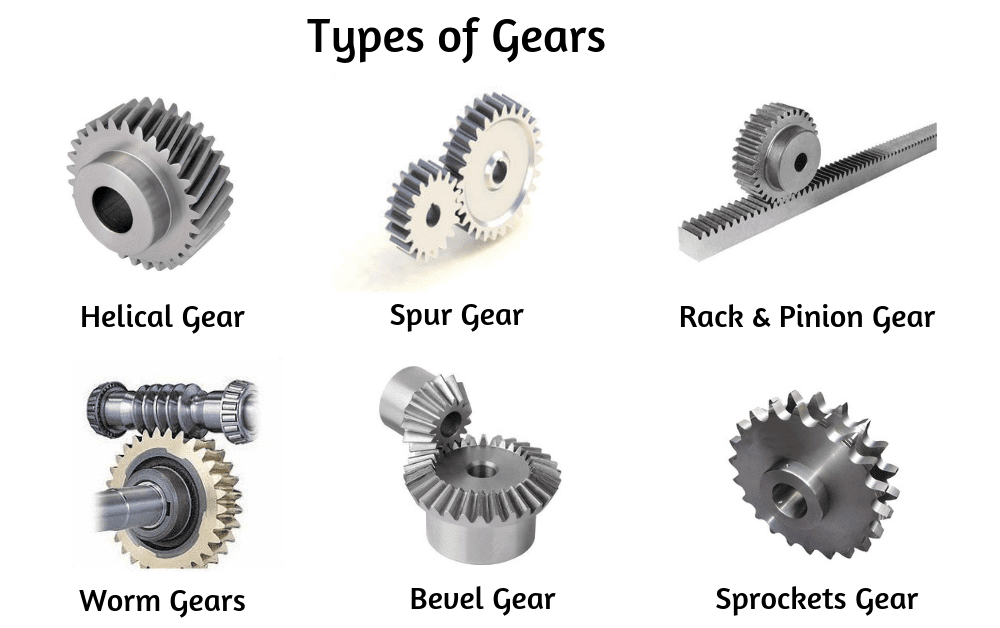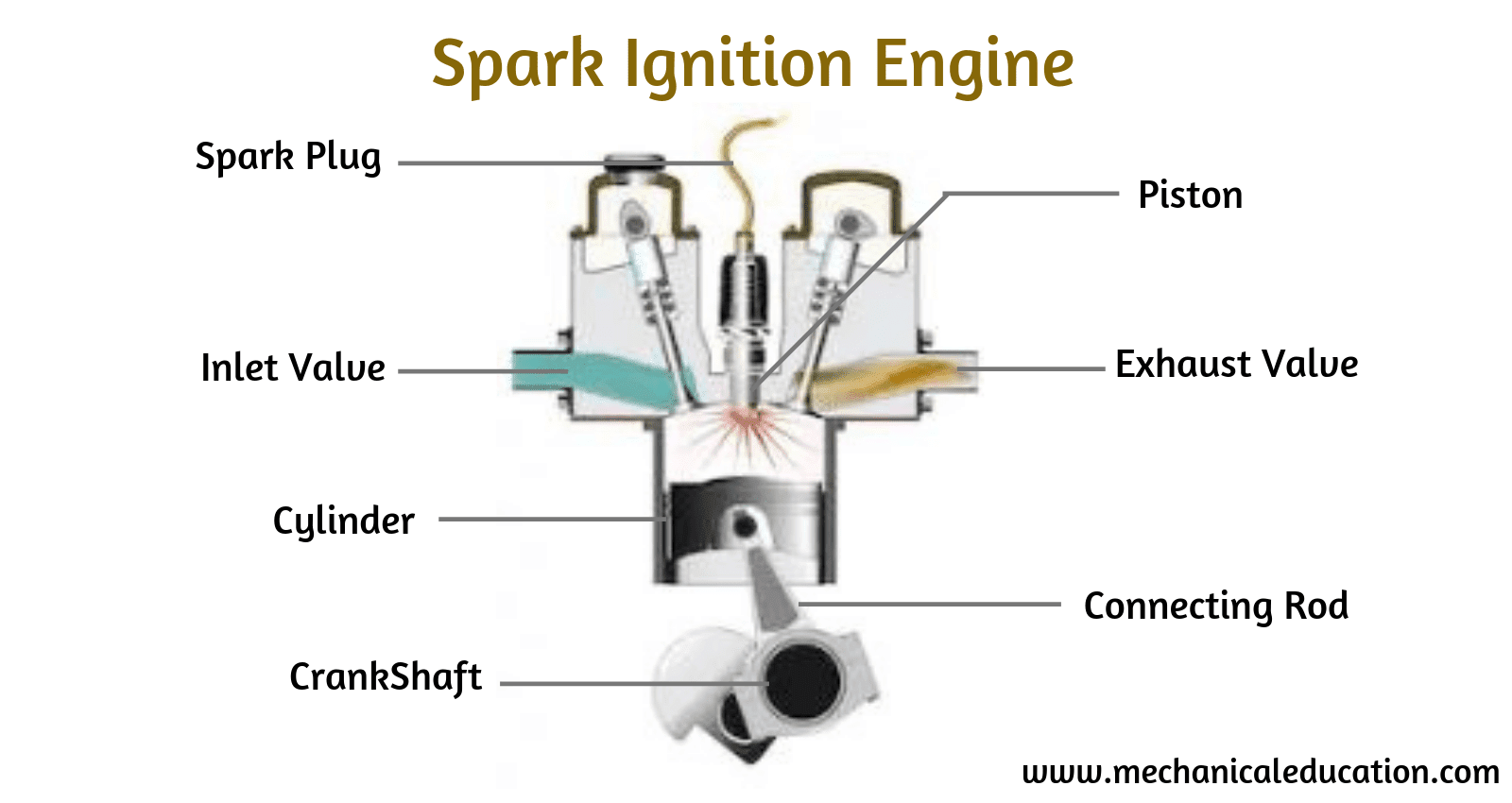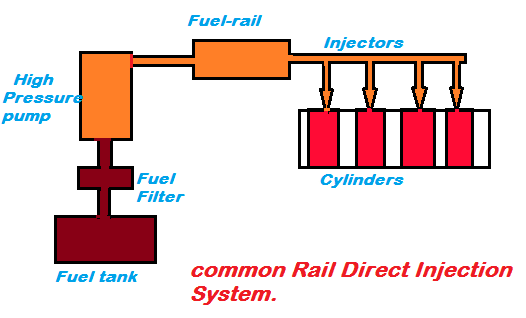An odometer or odograph is an instrument used for measuring the distance traveled by a vehicle, such as a bicycle or car. This device can be electronic, mechanical, or a combination of the two. The purpose of odometers and odographs is to track the mileage accumulated by a vehicle over time, which can be useful for those who need to keep track of their maintenance records. Let’s take a look at how these devices work and why they are important for vehicle owners.
How an Odometer Works?
An odometer is typically used in motor vehicles and measures the amount of miles it has been driven. It works by registering each rotation of the wheels and displaying the total distance traveled on a digital readout or dial display inside the car. Most modern cars have electronic odometers that are powered by sensors located in the wheel hubs and connected to the car’s computer system. These systems can also provide additional information such as average fuel consumption, engine temperature, speed limit warnings, and other useful data points. Some vehicles even have GPS-based systems that allow you to track your car’s location in real time with its own mobile app.
Odographs use slightly different technology than odometers. They work by recording each rotation made by a wheel from start to finish as well as any stops along the way. An analog version will draw out this path on paper while digital versions store this information in memory chips for later analysis. Odographs are commonly used in commercial vehicles such as delivery trucks and buses because they provide more detailed information than traditional odometers about how far these vehicles have traveled during their trips.
Importance of an Odometer?
Odometers and odographs are important for several reasons: for one, they help you keep track of how much your car has been driven so you can plan routine maintenance accordingly; additionally, they can alert you when it’s time to change oil or other fluids; lastly, if your vehicle ever needs repairs due to an accident or mechanical failure, having accurate mileage records could help you receive compensation from insurance companies or manufacturers if necessary. Furthermore, knowing exactly how far your vehicle has gone can help with budgeting by giving you an accurate estimate of fuel costs over time as well as providing valuable data on overall performance trends that may indicate potential issues before they become serious problems.
Conclusion:
Odometers and odographs are essential instruments for tracking mileage for motor vehicles like cars and trucks. Not only does this type of measurement help drivers stay on top of regular maintenance tasks but it also provides them with valuable statistics about their vehicle’s performance history which can be beneficial when seeking repairs through insurance companies or manufacturers down the line if needed. Additionally, monitoring mileage over time helps drivers gain insight into long-term fuel costs so they can properly budget accordingly over time – making this type of device invaluable to any owner!




